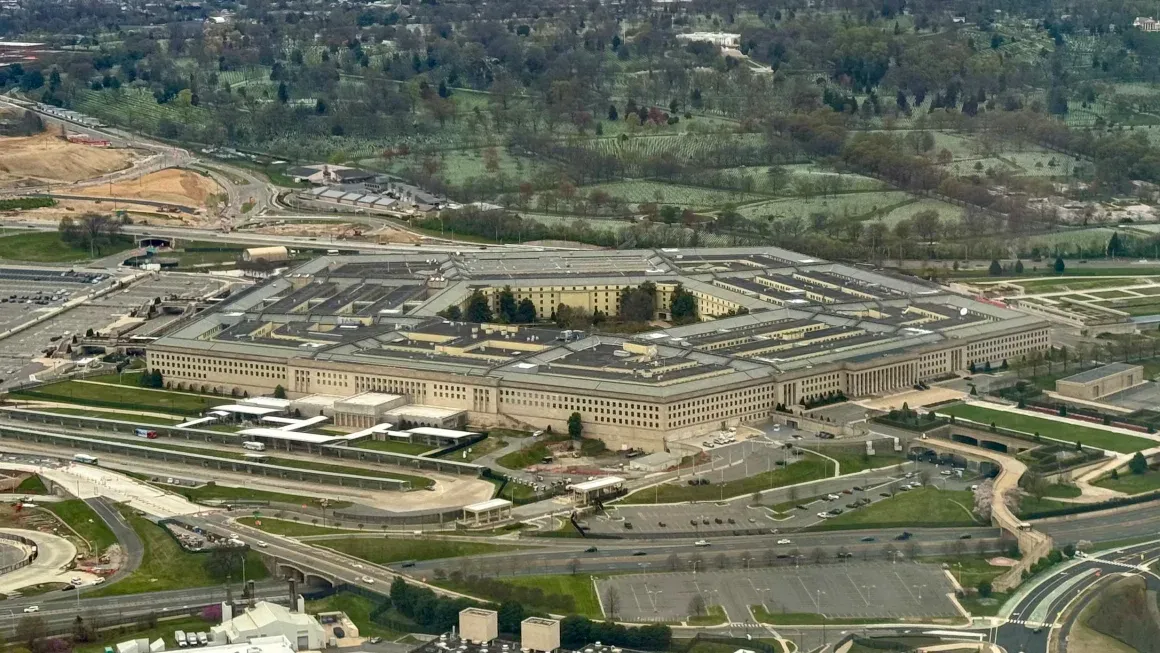Federal judge says US military cannot turn away enlistees who are HIV-positive
The Pentagon, she stated, "must allow similarly situated civilians seeking accession into the United States military to demonstrate the same and permit their enlistment, appointment, and induction."

A federal judge ruled on Tuesday that the US military cannot deny enlistment to individuals with HIV, overturning the last element of a controversial Pentagon policy that has faced significant legal challenges in recent years.
US District Judge Leonie Brinkema declared that the Pentagon’s ban on HIV-positive individuals joining the armed forces contributes "to the ongoing stigma surrounding HIV-positive individuals while actively hampering the military’s own recruitment goals."
Brinkema emphasized in her ruling that "modern science has transformed the treatment of HIV," noting that "asymptomatic HIV-positive service members with undetectable viral loads who maintain treatment are capable of performing all of their military duties, including worldwide deployment."
The Pentagon, she stated, "must allow similarly situated civilians seeking accession into the United States military to demonstrate the same and permit their enlistment, appointment, and induction."
HIV is not easily transmitted to others. It cannot be spread through saliva, sweat, tears, communal exercise, or sharing a bathroom. According to the US Centers for Disease Control and Prevention (CDC), most people contract HIV through anal or vaginal sex or by sharing needles.
Antiretroviral therapy, when taken as prescribed, can suppress HIV in the body to levels that are extremely low or even undetectable by tests. The CDC notes that individuals who maintain viral suppression or undetectable levels do not transmit the virus through sex or syringe sharing.
The Pentagon’s policies regarding HIV-positive Americans have faced legal scrutiny in recent years. In 2022, Judge Brinkema ruled in separate cases against the military’s ban on HIV-positive individuals joining the armed forces as officers or being deployed overseas. Following those rulings, Defense Secretary Lloyd Austin issued a memo stating that HIV-positive individuals would no longer be automatically barred from military leadership roles or overseas service.
The challenge to the enlistment policy was brought by three HIV-positive individuals who sought to join or rejoin the military in recent years but were blocked by the now-overturned policy.
One of the plaintiffs, Isaiah Wilkins, was serving in the Georgia National Guard when he discovered his HIV-positive status while trying to enlist in the Army Reserve. This revelation complicated his plans and led him, along with two other unnamed plaintiffs, to file the lawsuit.
“This is a victory not only for me but for other people living with HIV who want to serve,” Wilkins said in a statement on Tuesday. “As I’ve said before, giving up on my dream to serve my country was never an option. I am eager to apply to enlist in the Army without the threat of a crippling discriminatory policy.”
The Pentagon had defended its policy by arguing that caring for HIV-positive service members would impose financial burdens on the Department of Defense and that deployment could increase the risk of "viral rebound" if individuals did not adhere to their medication regimens.
The Defense Department referred questions to the Justice Department, which declined to comment.





